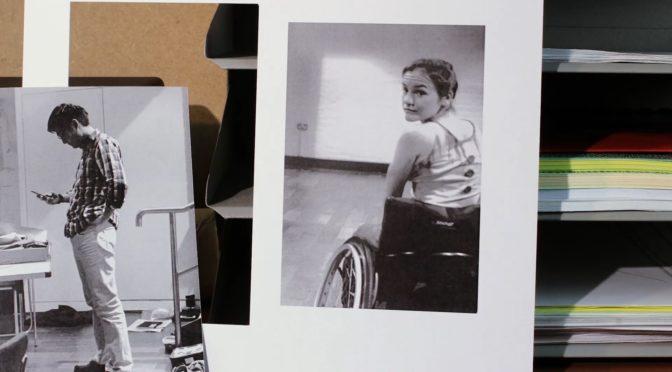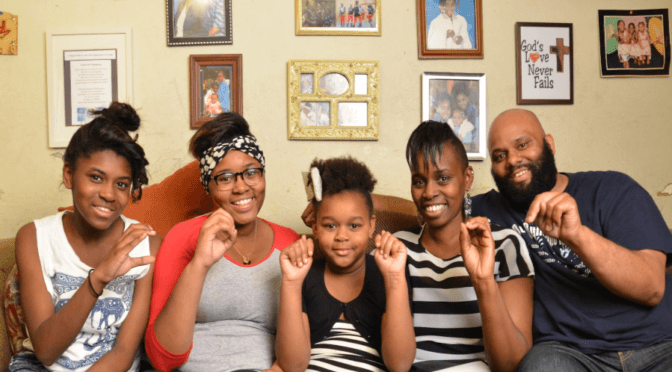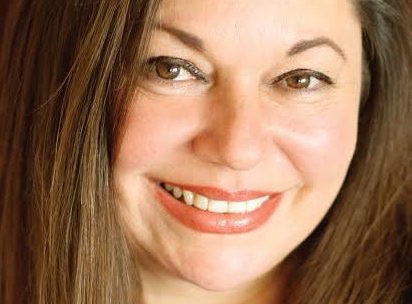San Francisco’s LightHouse for the Blind and Visually Impaired and the Paul K. Longmore Institute on Disability at San Francisco State are proud to announce the lineup for this year’s Superfest Disability Film Festival.
Join us on October 20 at The Magnes Collection of Jewish Art and Life in Berkeley and on October 21 the Contemporary Jewish Museum in San Francisco for the best in unapologetic, accessible and cutting edge disability film.
Purchase tickets to Superfest 2018
Superfest is the longest running disability film festival in the world. Since it first debuted as a small Los Angeles showcase in 1970, it has become an eagerly anticipated international event. The festival is one of the few in the world to provide an accessible film experience to disabled filmgoers of all kinds.
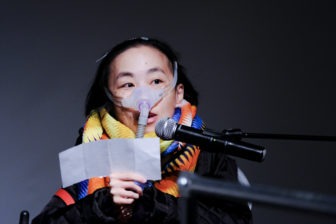
Each judge for Superfest is a member of the disability community, and they ground our festival in the values and ambitions of a progressive, Bay Area-driven disability ethos. The jury is comprised of filmographers, disability rights advocates, community organizers and award-winning creatives. They choose the submissions based on standards of artistry, portrayal of disability and ingenuity.
Superfest features films from five continents which highlight a range of experiences of people living with disabilities through a variety of genres and formats. From observational documentary to action to stop motion, we have films which will entertain, educate and promote discussion on disabilities.
Announcing the 2018 Superfest Lineup
Stumped (US, 2017), Documentary Short, Best of Festival – Short (25 minutes)
Climber Maureen Beck is not here to be your inspiration. She was born missing her lower left arm, but that hasn’t stopped her from going hard. “I don’t want to just be a good one-armed climber,” says Maureen. “I want to be a good climber.”
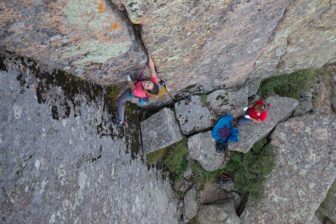
Still Tomorrow (China, 2016), Documentary, Best of Festival – Feature (1 hour 23 minutes)
Yu Xiuhua is a village woman with cerebral palsy, who became China’s most well-known poet in 2015. Her 20-year-long arranged marriage has become the biggest pain in her life. Through her poems, she contemplates her fate and writes about her body and her desire for true love.
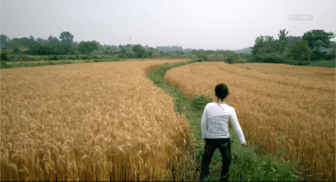
Stim (US, 2017), Documentary Short, P.K. Walker Innovation in Craft Award (7 minutes)
An artistic ode to the practice of stimming, or self-stimulatory behavior, the repetition of physical movements or sounds, or repetitive movement of objects.

Who Am I To Stop It (US, 2017), Documentary Short, Disability Justice Award (30 minutes)
This semi-observational documentary explores isolation, art and transformation after brain injury. Through cinéma vérité, the film follows Dani Sanderson, a poet and beat boxer, as she navigates autonomy, relationships, and questions of family, queer sexuality and faith.

To Know Him (UK, 2018), Dramatic Short (28 minutes)
When a tragic accident leaves Sarah grieving for her deaf partner Rob, she is forced to track down and engage with his estranged hearing father. To lay the man she loves to rest, Sarah must overcome a barrier far greater than language.
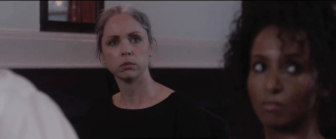
Making Waves (Australia, 2017), Documentary Short (6 minutes)
Max McAuley is a young, professional dancer with Down Syndrome. In this story, Max is the principal dancer in a choreographed work that is inspired by the watery world of his dreams.
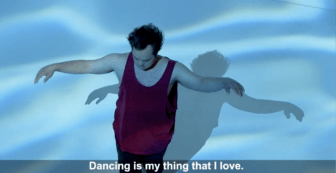
Just Go! (Latvia, 2017), Action Short (11 minutes)
Inspired by the true story about a young man, Just, who lost both of his legs in a childhood accident. At age 24, he is in love with the girl next door, and through an action-packed series of events, the film proves that looks can be deceiving.
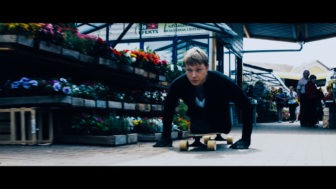
Gaelynn Lea – The Songs We Sing (US, 2017), Documentary Short (11 minutes)
Minnesota violinist and disability rights advocate Gaelynn Lea travels the upper Midwest on tour, experiencing the ups and downs of the road while hustling hard to make it as a performer and artist.
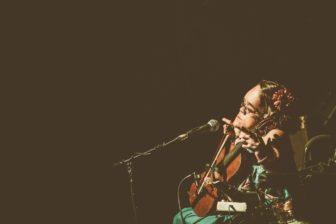
This Is Normal (US, 2014), Dramatic Short (19 minutes)
A young deaf woman undergoes an experimental medical procedure that is supposed to “cure” her of her deafness and give her the ability to hear. Despite the controversy, Gwen risks her friends, culture and identity to discover the answer to the question, “Is it worth giving up who you’ve been for who you could become?”
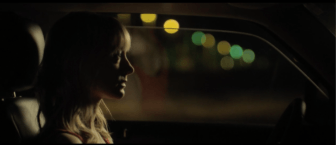
Journey to the Miracle Man (Sweden/Brazil, 2018), Documentary Feature (1 hour 5 minutes)
With as much hope as doubt, Fabian and Lisa travel on a journey that will change their worldview. But is the Miracle Man (John of God) the savior everyone is talking about? And do they need to believe to be healed?
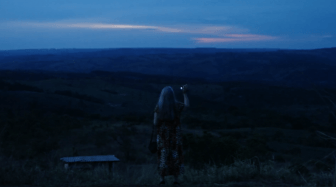
Kū Kanaka/Stand Tall (US, 2016), Documentary Short (28 minutes)
When 15-year-old Kanalu Young takes a dive into shallow water, he becomes quadriplegic, paralyzed from the neck down. Angry and defiant through months of rehabilitation, he begins to change when he learns the Hawaiian language, and discovers an untold story of Hawaiian history.
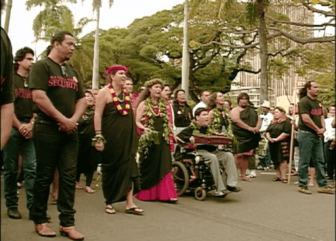
Stopgap in Stop Motion (UK, 2017), Animated Short (5 minutes)
Photographs of performers in a disabled and non-disabled dance company come to life. The individual artists dance out of the photos and across table tops until the whole company meets and performs in unison.
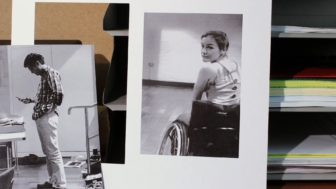
Purchase tickets to Superfest 2018
Access at Superfest
As always, Superfest will be furnished with a wide range of accessible accommodations: audio description, open captions, ASL interpretation, audience-integrated wheelchair seating, close-up seating for people with low vision or who are deaf or hard of hearing, a chemical free and scent free area set back from rest of audience, a place to retreat, gender neutral restrooms, easy access to public transportation including BART and MUNI, and ramp access to the stage.

